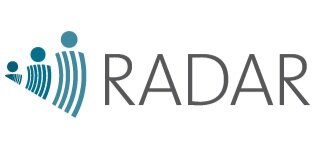Intrapartum care
The IP Care tool is a set of questionnaires and tools and resources that allows evaluators to capture and analyze data on the implementation strength and quality of programs strengthening Basic Emergency Obstetric Care (BEmONC). This suite of tools provides a comprehensive assessment of facility structure and program readiness, provider knowledge, provider practice, and client care. The tool was developed and tested during an evaluation of a BEmONC (Basic emergency obstetric and newborn care) program in the Simiyu Region of Tanzania in 2019.
Indicators measured include:
% of health workers trained in BEmONC in the previous 2 years
% of facilities with no stockouts of essential medicines
% of facilities open 24/7 for delivery services
% of laboring women with a partograph correctly completed
% of newborns who receive immediate drying
The questionnaires contain the following forms:
1. The Implementation Strength Assessment, which involves a Facility Assessment and interviews with Health Facility Workers.
2. Case Vignettes, which are scenarios that Health Facility Workers respond to as if they were real. Included are the following topics:
3. A direct observation tool, during which data collectors observe a delivery beginning at assessment and admission of a woman in labor.
The package also includes manuals that describe, in detail, the steps necessary to plan, implement, and analyze data from IP-specific implementation strength and quality assessments: data collection tools, sample size calculators, budget templates, supervision tools, logistics guidelines, analysis plans, among others.
Worksheet 1: Survey sample size calculator
Worksheet 2: Facility selection sheet
Worksheet 3: Supply calculator
Worksheet 4: Budget template
Worksheet 5: Indicators
Worksheet 6: Supervisor tracking sheet
Worksheet 7: Facility listing sheet
Worksheet 8: Health worker listing sheet
Worksheet 9: Interviewer performance review checklist
Worksheet 10: Priority indicators summary table
Worksheet 11: Indicator review
Worksheet 12: Indicator performance factors
Worksheet 13: Actions for improving indicators
Tools
Manual Module 3: Intrapartum Care - v.28Oct2020
Intrapartum Care Manual Annexes - v.28Oct2020
Intrapartum Care Manual Worksheets - v.28Oct2020
Products
Uzazi Uzima Mid-term Evaluation - v.25May2021
Top of page | Module 1 | Module 2


